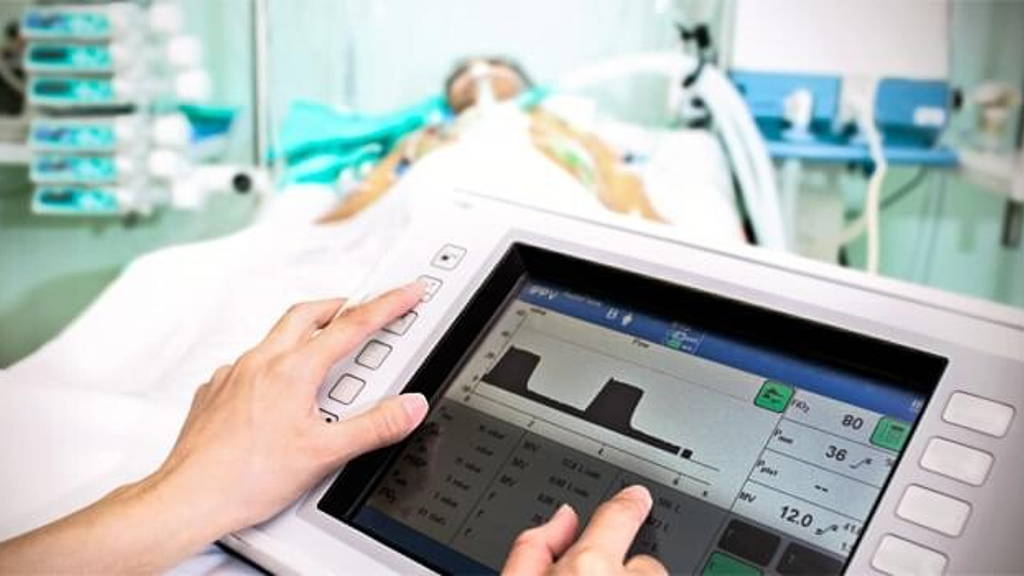- IoT has the potential to provide significant benefits but must compete for a share of total technology spend.
- IoT will grow at 18% on a compound annual basis across 2016-2025, with annual global IoT in Healthcare revenues passing $27 billion in 2025.
- However, Healthcare will be dwarfed by Primary Processing, Security and Automotive segment spending in the broader IoT market over the forecast period.
- Security, Privacy, Training and business case justification for broad deployment remain elusive.
Matt Wilkins, Senior Analyst and author of the report, states that the biggest beneficiaries of IoT in healthcare will be the patients, for whom IoT has the ability to deliver an experience that is less intrusive, less stressful and faster. “But also the medical profession which may be able to operate with higher efficiency, through better knowledge of what is happening at any point in time with patients, professionals, equipment, and processes.”
Exploring IoT
Chris Ambrosio, Executive Director, adds that “healthcare providers are actively exploring IoT in how it can help them to improve patient quality of care, lower re-admissions, and shorten visit times; the advantages IoT offers in allowing them to use analytics for things like population health management to identify at-risk patients; and how using wearables to remotely and proactively diagnose symptoms.”Ambrosio also believes that for many, IoT has not demonstrated strategic value. Their larger strategic IT priorities (orbiting digital transformation,) combined with the myriad of regulatory requirements creates too much risk for HCPs to widely embrace IoT just yet.”
Big impact IoT expected
Last year, a Silicon Valley Bank survey among 122 health IT company founders, executives, and investors found that IoT, as well as big data technologies like artificial intelligence will have the biggest impact on healthcare delivery and investment in 2017.Forty-six percent of participants believe that big data will have the greatest impact on healthcare over the next year, followed by 35 percent who believe artificial intelligence (AI) will be a major game-changer. Almost 15 percent say the same about IoT (Internet-of-Things).
EC on role IoT in healthcare
The European Commission believes that the fast growing adoption of wearables and the Internet of Things play a crucial role in the transformation of European society, business and sectors such as healthcare, according to the European Commission.That was one of the messages Andrus Ansip wanted to get across during his September 2016 speech at the Digital Assembly 2016 in Bratislava – the other one being the importance of breaking down barriers in order to ensure free flow of data across the European continent.
IoT – the Internet of Things - will play a very important an disruptive role in the European Union in the coming years. IoT and wearable technology will transform the way consumers go about their business, the way companies do business and the way healthcare takes care of people.
Vice-President Ansip, as European Commissioner in charge of the Digital Single Market, pointed out that IoT technology like smart home devices and platforms are not a fantasy of the future. “This technology already exists. But more importantly than having a sleep-tracking wearable device that has already switched on the lights: smart digital gadgets help people to look after their health. “When they notice anomalies, these devices inform the doctor. They remind people to take their medicine. They facilitate - and even provide - e-nursing and e-health services.”






